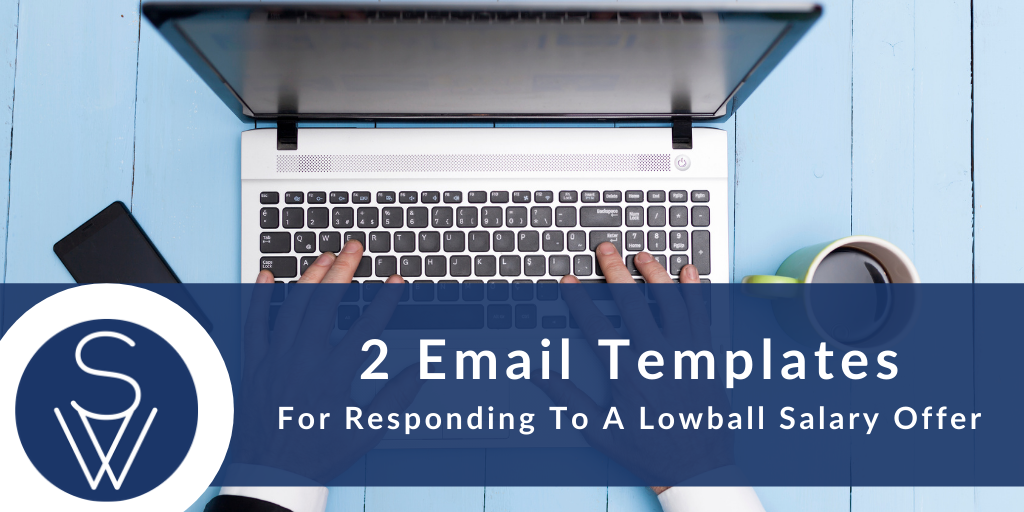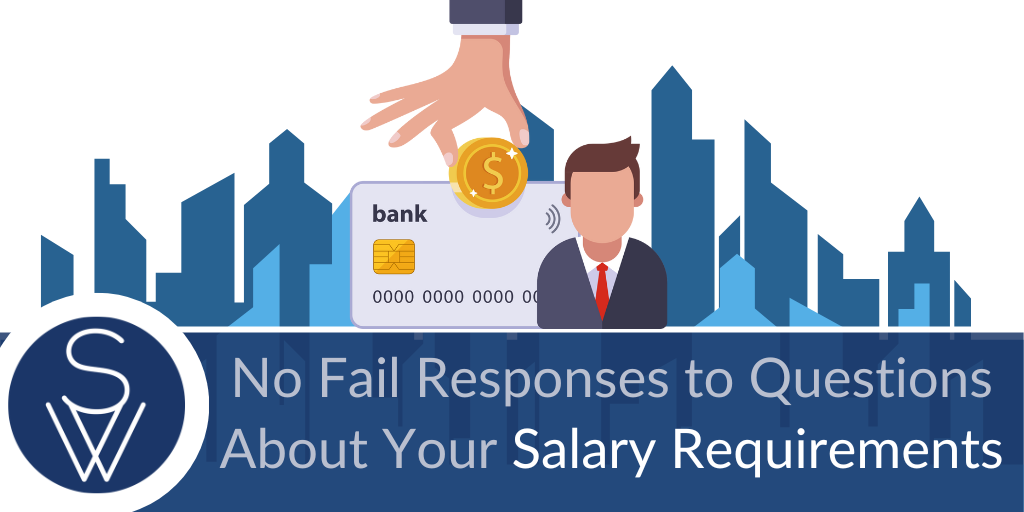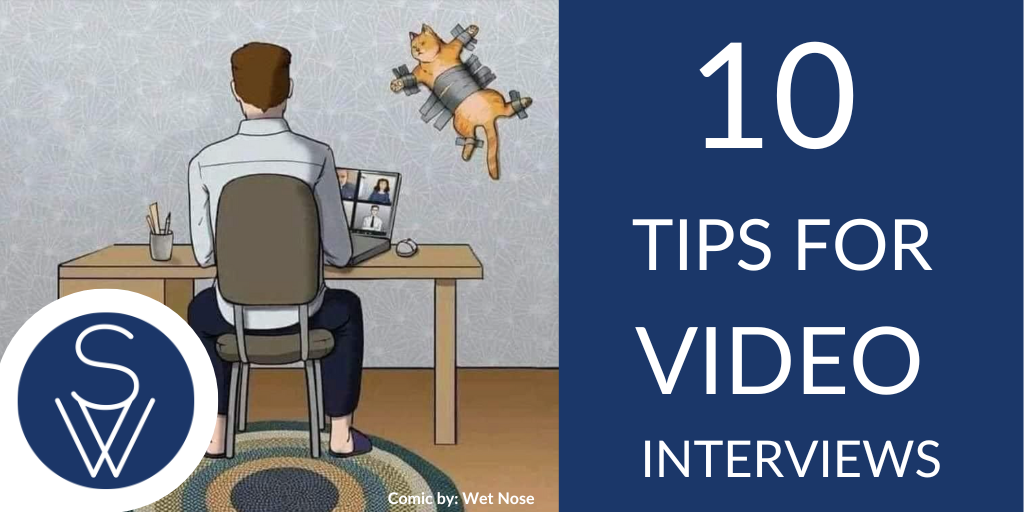Preparing for a great job interview is a job in itself. You’ve done your homework on the company, perfected your resume, answered every question will clarity and confidence. By the time it’s over, you may be tempted to breathe a sigh of relief and think that the ball is now in their court. Well, it’s not. Not quite. Your interviewers invested their time and energy to meet with you. You not only owe them a thank you; you have one more opportunity to remind them of your qualifications for the job.
No. And here is why.
In today's dynamic job market, the temptation to accept a counteroffer from your current employer after announcing your resignation can be strong. However, evidence suggests that this decision may not be in your best long-term interest.
After receiving an offer from a new company, keep this in mind:
Recently, we’ve seen a rise in the number of counteroffers offered to candidates as sought-after skills becoming harder to find. As the labor market improves, we expect to see the number and strength of these counteroffers increase.
Should you accept your counteroffer? We believe you should never accept a counteroffer. Here is exactly why.
Email Templates: Responding To A Lowball Salary Offer
| If you have received a job offer but the salary presented does not meet your needs, the first thing you should to is get in touch with your SkyWater recruiter to discuss next steps. If you are without a recruiter in your corner, and are in need of a template to begin crafting your email response to a lowball salary offer, you've come to the right place. These email templates are meant to get you started in your response. If you have not yet determined your salary target, review my post titled "Lowball Job Offer? 5 Steps to Take Now (and 2 Huge Mistakes to Avoid)" |
Is There Really A Best Time To Schedule An Interview?
As a candidate, you want to perform to the best of your ability when invited to an interview. As the employment market becomes more buoyant you may find yourself involved in a number of interviews in a short space of time. Naturally, you’ll want to ensure you are the preferred candidate on each occasion but what exactly is the optimum timing to achieve this?
We know the typical weekly schedules of hiring managers, being the Minneapolis and Chicago executive recruiters that we are, and we are here with some advice for you to help you choose the best time to schedule a job interview.
How to Respond to Requests for Your Salary History
As part of the employment changes that were signed into law in the summer of 2023, Minnesota’s new pay history ban went into effect on January 1, 2024. This means that you can not be pressured to share your salary history during the job application or job interview process. That's right; you shouldn't be in the position to answer this question in the first place, according to Minnesota law.
However, it's okay to volunteer this information if you're comfortable doing so.
No Fail Responses to Questions About Your Salary Requirements
Did you know that in the state of MN, hiring managers can not ask about your current salary or salary history? Instead, they must rephrase the salary question to inquire about your salary targets.
“What are your salary requirements?”
That question – or any of its many variations – initiates one of the trickiest, most consequential decisions you’ll have to make when communicating with a potential employer.
How should you respond?
With forethought, a well-prepared answer, and a clear, confident tone, sure.
But what should you say?
That depends… on a number of factors.
If you write “salary negotiable” on the application, it might keep you in the running and buy you some time to figure out a more specific response. However employers are looking for candidates who understand the market, know themselves, and are confident placing a dollar figure on their professional worth. If you just keep dodging the question by saying it’s all negotiable, you look timid and unprepared for the actual negotiation.
At the same time, your answer needs to vary from employer to employer. Here’s how to determine – and adjust – your response for each opportunity:
Job Description Mistakes that Repel Great Candidates and How to Fix Them
“There just aren’t any great candidates out there right now.” I hear it all the time, usually from battle-weary hiring managers. They’ve taken the time to craft a solid job posting, only to watch a handful of not-quite-right resumes trickle into the system. While it’s true that, depending on your industry and the role you’re attempting to fill, talent is still painfully scarce. But before you blame the lack of candidates, I have a question for you to consider:
Video interviews are commonplace in today's hybrid work economy. If you're interviewing for a role, you may find yourself attending an interview that is conducted over Zoom, Microsoft Teams, Google Meet, or others. The mistake job seekers often make is to treat the video interview less seriously than an interview that takes place in an employer’s office. The next time you are invited to a video interview follow these tips:
Congratulations, you’ve been invited for an interview! That means the employer has seen something in your resume that matches the requirements of the job you’ve applied for. The next step is to build on that initial impression during your interview. Attending your first interview can be a nerve-wracking experience, so we’ve put together our five golden rules to help reduce your anxiety levels:
How to Respond When Asked About Your Salary Requirements
The interviewer asks, point blank, “What is your salary requirement?” And there you are, trying to present yourself as forthright, easy to work with, and clear about what you need. It’s a tricky business, refusing to answer without looking rude, unprepared, or both. With thoughtful preparation, a little online homework, and careful scripting, you can navigate your way through these discussions masterfully.
















